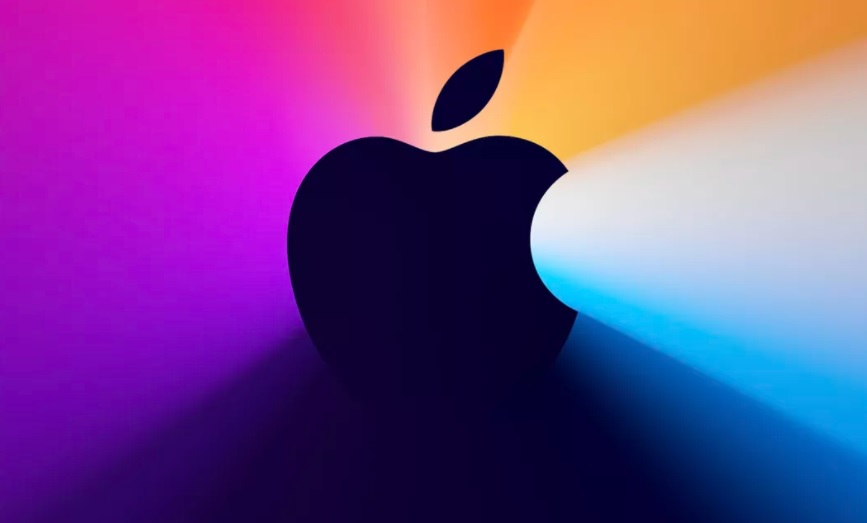Every so often, I’ll get a call from a family member or friend asking about a strange and concerning warning that popped up on their Mac. The messages are typically ominous and warn that the machine in question may have been infected with a virus. Other messages, meanwhile, masquerade as legitimate messages from Apple Support and scare users into calling a fake customer support hotline.
Suffice it to say, Apple doesn’t contact people through browser pop-up windows, which is to say you’ll want to completely ignore these types of security alerts if one happens to pop up on your computer.
As detailed in a recent expose by Jennifer Jolly in USA Today, the aforementioned scams in question prey on elderly individuals who often lack the tech sophistication and experience to discern genuine system warnings from harmful scams:
My mom lost $2,000 and even though she reported it to her bank right away, she’s been told there’s nothing they can do (more on this below). She feels horrible about it. I keep telling her not to feel bad. She’s the victim of the most successful online fraud against seniors in America today – a new version of the “tech support” scam – that’s bilked people out of billions of dollars for the last several years.
The way many of these scams work is simple: after tricking a user into calling a fake customer support number, scammers on the other end of the line will either ask for financial information to fix the issue or ask a user to download a diagnostic tool.
An illustrative example of what some of these scam pop-ups look like is below:
Jolly’s mother relays that she downloaded a diagnostic tool whereupon the scammer got to work by using a screen-sharing app. From there, the scammer asked her to initiate a money transfer from her savings to her checking account. When that worked, he then asked her to “transfer money to the official technician account through Zelle.” The scam artist convinced Jolly’s mom that it was just a temporary transfer and that it was actually part of a free customer service program Apple provides.
If you’re browsing around the web and see an unexpected pop-up appear, Apple’s advice reads as follows:
While browsing the web, if you see a pop-up or alert that offers you a free prize or warns you about a problem with your device, don’t believe it. These types of pop-ups are usually fraudulent advertisements, designed to trick you into giving the scammer personal information or money.
Don’t call the number or follow the links to claim the prize or fix the problem. Ignore the message and simply navigate away from the page or close the entire window or tab.
And again, it’s important to remember that if you’re genuinely concerned about something happening to your computer, call Apple support directly and ignore whatever number appears on the pop-up ad.








